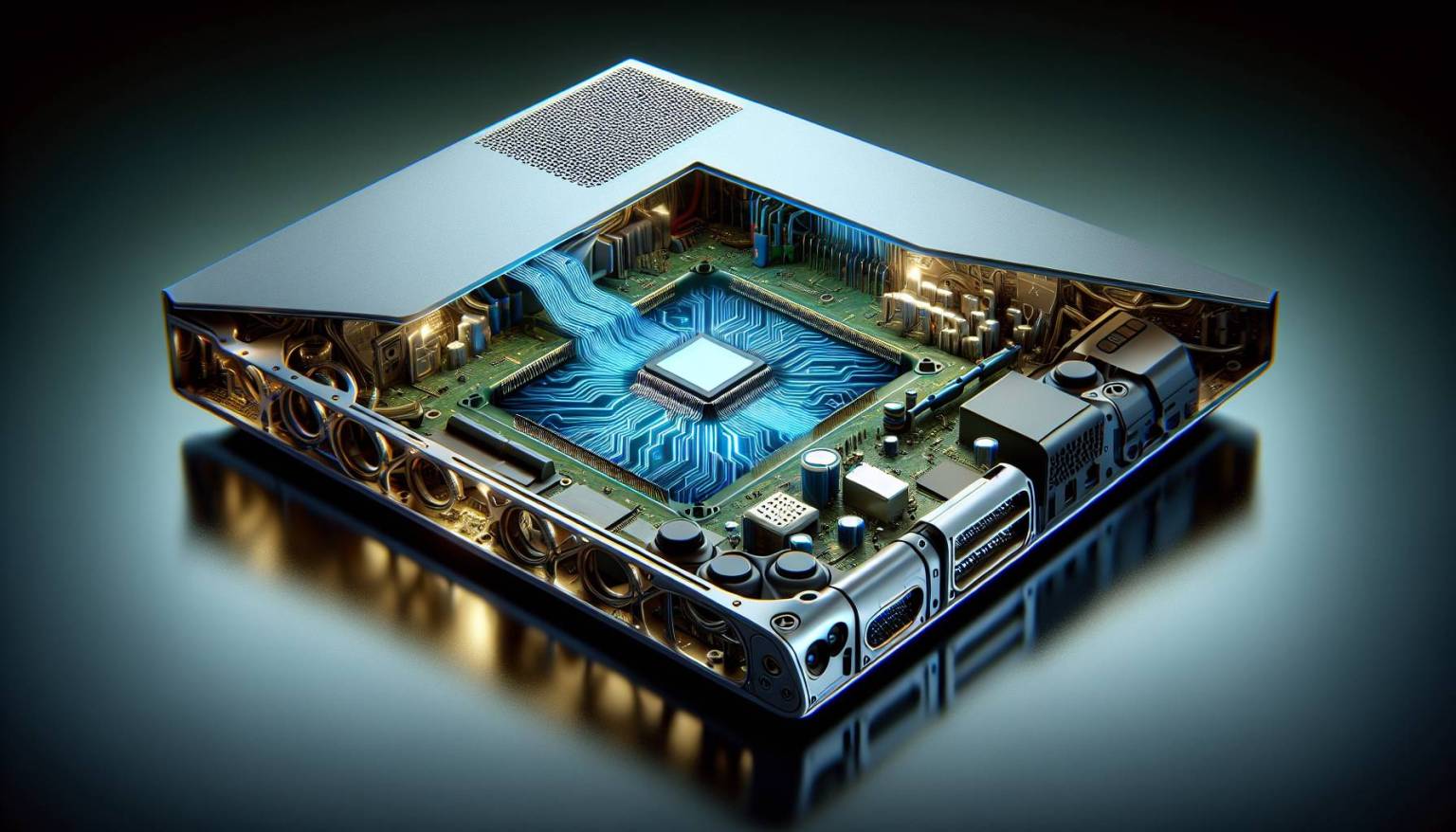The 2024 Unity Gaming Overview highlights that a massive 62% of game creators are integrating AI tools into their procedures, with a significant portion utilizing generative AI technology. This growing trend suggests that artificial intelligence could potentially formulate a large part of game content in the future.
The gaming industry benefits from AI not just in the development stages, but also in the post-production workflow. Many developers are employing AI tools for optimizing tasks like character movement, terrain creation, and storytelling. With continued AI integration, experts anticipate a major evolution of the gaming landscape over the coming years.
The gaming industry showed remarkable resilience despite facing economic setbacks in 2023 by adapting innovative solutions to respond to technological changes and player behaviors. The use of AI tools to improve efficiency became a widespread practice. Additionally, emerging technologies like virtual reality and blockchain were incorporated into their offerings, thereby providing more engaging and secure gaming experiences.
According to surveys, a notable 71% of AI-using game creators confirm that AI has streamlined their processes, reduced delivery times, and substantially cut down production costs. An impressive 78% of these creators visualize AI playing a key role in shaping the gaming industry’s future. Moreover, 84% believe AI technology will enable them to create engaging and complicated games for their audience.
Unity predicts that AI’s role in the gaming industry will continue to grow, with generative AI becoming particularly crucial in simplifying game design and fostering innovation. They also propose that AI can ease the challenges of integrating player-generated content.
Unity is also developing its suite of AI tools, including an AI model designed for game creators to generate sprites and textures, and Muse, a toolkit aimed at speeding up production. These tools not only promise to innovate the current game development process but also hold potential to reshape the future of the gaming industry.
Rising concerns in the gaming industry surround the implications of AI proliferation, mainly focusing on possible job losses and issues involving the legal ownership of AI-generated items. It remains unknown how these issues might influence future discussions about copyright laws and monetizing AI-generated content in gaming. This situation highlights the urgent need for dialogue between stakeholders in game development, law, and AI technology.
Marc Whitten, Unity’s Chief Product and Technology Officer, claims that human interaction is vital for maximizing the benefits of AI tools. These tools are not designed to replace creators, but to aid them in achieving their creative objectives. However, Whitten emphasizes the importance of human oversight in this process, stating that these tools allow for human input and customization to guide the outcome.

